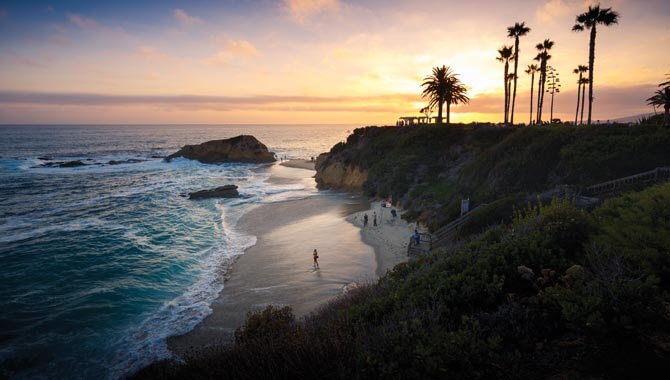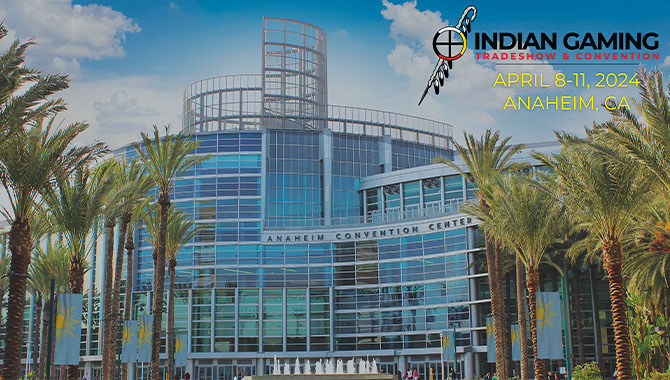
Hampered by an aggressive lobbying campaign, two sports betting bills were overwhelmingly voted down in the Golden State legislature on Election Day 2022. Prop 26, which would’ve enabled Californians and tourists to wager at the state’s casinos and racetracks, was shot down 70-30.
Prop 27, which would’ve enabled both retail and online wagering within the state’s borders, was defeated even more resoundingly: Only 17% of voters said “yes” to the bill that was backed by FanDuel, DraftKings and many of the biggest names in online wagering. Still, despite the most heavily populated state refusing to join the 30+ that offer online and/or retail outlets, legalization stands to grow across several more locations into 2023.
STATES CONTROL SPORTS BETTING
Votes to legalize mobile and retail gambling have been left to the states since the US Supreme Court shot down the Professional and Amateur Sports Protection Act (PASPA) in 2018. An opportunity to attract new revenue without forcing tax hikes on income, property or goods and services is seen as a marquee draw toward legalisation, and several states who have enacted legal online sports betting have seen huge financial gains.
“Dozens of states and countless local governments are benefitting from the significant tax revenue that online sports betting provides,” Nathan Click, a proponent of California’s Prop 27, told CalMatters.org in a statement released on election night. “As California faces tax revenue declines and uncertain economic headwinds, online sports betting can provide substantial solutions to fill future budget gaps.
"Despite the most heavily populated state refusing to join the 30+ that offer online and/or retail outlets, legalization stands to grow across several more locations into 2023."
“Californians are currently placing billions in bets each year on illicit offshore sport betting websites unsafe and unregulated enterprises that offer no protections for minors or consumers and generate no support for state priorities. Californians deserve the benefits of a safe, responsible, regulated and taxed online sports betting market, and we are resolved to bringing it to fruition here.”
However, the California failures exemplify the slow legalization progress west of the Rocky Mountains: Only two of the nine states west of Colorado (Arizona and Nevada) offer online sports betting, which has stunted the national growth of iGaming.
Western states have mostly failed at coalescing with natives, who control land and gaming houses. That was part of California’s problem as a reported 50-plus tribes were against Prop 27 — backing Prop 26, which would attract bettors to native casinos for sports betting instead — and spent heavily on anti-measure advertising across the state.
“Our coalition knew that passing Prop 27 would be an uphill climb,” Click said. Though the sports betting community awaits California and fellow population powerhouses Florida and Texas to buy in, the campaign can check off several success stories that either recently have turned a corner or will soon join the party:
• Louisiana and New York started in early 2022
• Kansas and Maryland were more recent additions to this exclusive club
• Ohio and Massachusetts will reportedly launch early in 2023
• Maine and Nebraska are also in line to begin accepting bets by January 1, 2024
• The Old Line State, in particular, has pleasantly surprised the
• iGaming community with a recent eye-popping windfall.
CRAB CAKES & BETTING: THAT’S WHAT MARYLAND DOES
Maryland legalized brick-and-mortar sports betting in 2021 but more notably saw immense income after its November 23 online launch, reporting more than $186m in mobile betting over just nine days in late November. Between mobile and retail gaming, sports betting marked a $220m industry in Maryland, which added more than $700,000 in tax revenue for the state in November.
The Free State’s betting production has been an overwhelming success — despite the fact it is surrounded by active locations in Pennsylvania, Virginia, West Virginia and Washington DC. Its neighbors’ access only enhanced Marylanders’ appetites for gambling, though officials were still quick to tamp down expectations.
“There was tremendous pent-up demand, and a lot of people are utilising promotional offers from multiple operators simultaneously,” Maryland Lottery and Gaming Director John Martin said in a December 12 press release. “But as many operators have acknowledged, this level of promotional play is not sustainable, and based on our regulations, it will be curtailed over time.”
Maryland’s handle exceeded expectations, particularly with only two in-state teams playing regular-season games: the Baltimore Ravens and Landover’s Washington Commanders.DC-based squads may have played into the betting handle.
"Western states have mostly failed at coalescing with natives, who control land and gaming houses. That was part of California’s problem as a reported 50-plus tribes were against Prop 27."
The NHL’s Washington Capitals and the NBA’s Washington Wizards each are deep into their seasons. Marylanders may also wager on in-state college teams, unlike in Connecticut, New York and New Jersey. Maryland’s numbers only stand to inspire new states, or states in which sports betting is on the cusp of rolling out.
O-H-I-OK, LET’S BET
Ohio, which like Maryland borders multiple legal sports betting states (Pennsylvania, West Virginia, Indiana and Michigan), officially began taking sports bets online starting January 1, 2023, and has roughly twice the population of the Old Line State.
Ohio boasts the added bonus of an in-state NBA and NHL team, the Cleveland Cavaliers and Columbus Blue Jackets respectively, which Maryland does not have. Plus, Ohio does not have restrictions on betting on in-state college teams, which means it could have an enormous betting handle if Ohio State can qualify for the College Football Playoff’s National Championship game on January 9 (the tie is yet to be played at press time).
But even if the Buckeyes don’t defeat the defending champions University of Georgia in the Peach Bowl, Ohioans will likely have an in-state football team to wager on — or against, if you live in the northern part of the state. Joe Burrow and the reigning AFC champion Cincinnati Bengals appears poised to get back to the NFL postseason, which could buoy the betting activity in The Buckeye State even further.
WHAT LIES AHEAD IN 2023 AND BEYOND?
After Maryland and Ohio, plus Maine and Massachusetts – which each legalized sports betting in summer 2022 and expect to roll out at some point in 2023 – 11 northeast states will provide the practice of legal mobile sports wagering.
"States are also weaponising some of that income to try and one-up their neighbours... This competition could spark more proposals to hit legislative floors in the next few years, as more examples of income spikes help endear sports betting to new states."
Despite having a population more comparable to Maryland, Massachusetts may be an even more intriguing betting state than Ohio. The Bay State will collect a 20% tax rate on mobile wagers — two times Ohio’s 10% rate and 2.3x that of Maryland’s 8.75% — plus 15% on all retail bets. Additionally, Massachusetts houses the New England regional hub in Boston, and more than 100 colleges and universities that pull in temporary residents from around the world.
Massachusetts has been losing valuable revenue to Connecticut, New Hampshire and New York by not having a legal sports betting infrastructure. Because Boston sports fans rank among the most rabid in the nation and reside in a tourism hub, the state is projecting $60m in additional income after sports betting arrives, a WGBH report said.
Connecticut had been in the red financially in the early 2010s yet has a $1bn budget surplus. This is tied partly to the roughly $940,000 per month it has picked up in revenue in 2022, according to data released by the state’s department of consumer protection.
States are also weaponising some of that income to try and one-up their neighbours. Kansas legalized sports betting in 2022 ahead of neighboring Missouri, where the practice is still outlawed. The state reportedly plans to dedicate a portion of gambling revenue to building an NFL stadium that would attract the Kansas City Chiefs to move to the Jayhawk State side of the city.
This competition could spark more proposals to hit legislative floors in the next few years, as more examples of income spikes help endear sports betting to new states. Leaders spearheading California’s iGaming movement don’t appear to be cashing out, despite hundreds of millions of dollars already pushed into the movement on both sides. The allure of locking in the mammoth state remains worth their chase.
“We remain committed to California,” Click said after the voting defeat. “This campaign has underscored our resolve to see California follow more than half the country in legalizing safe and responsible onlinesports betting.”
Research and analysis from Rachel Fitter, The Game Day's Director of Affiliate Partnerships, is included in this report.
















